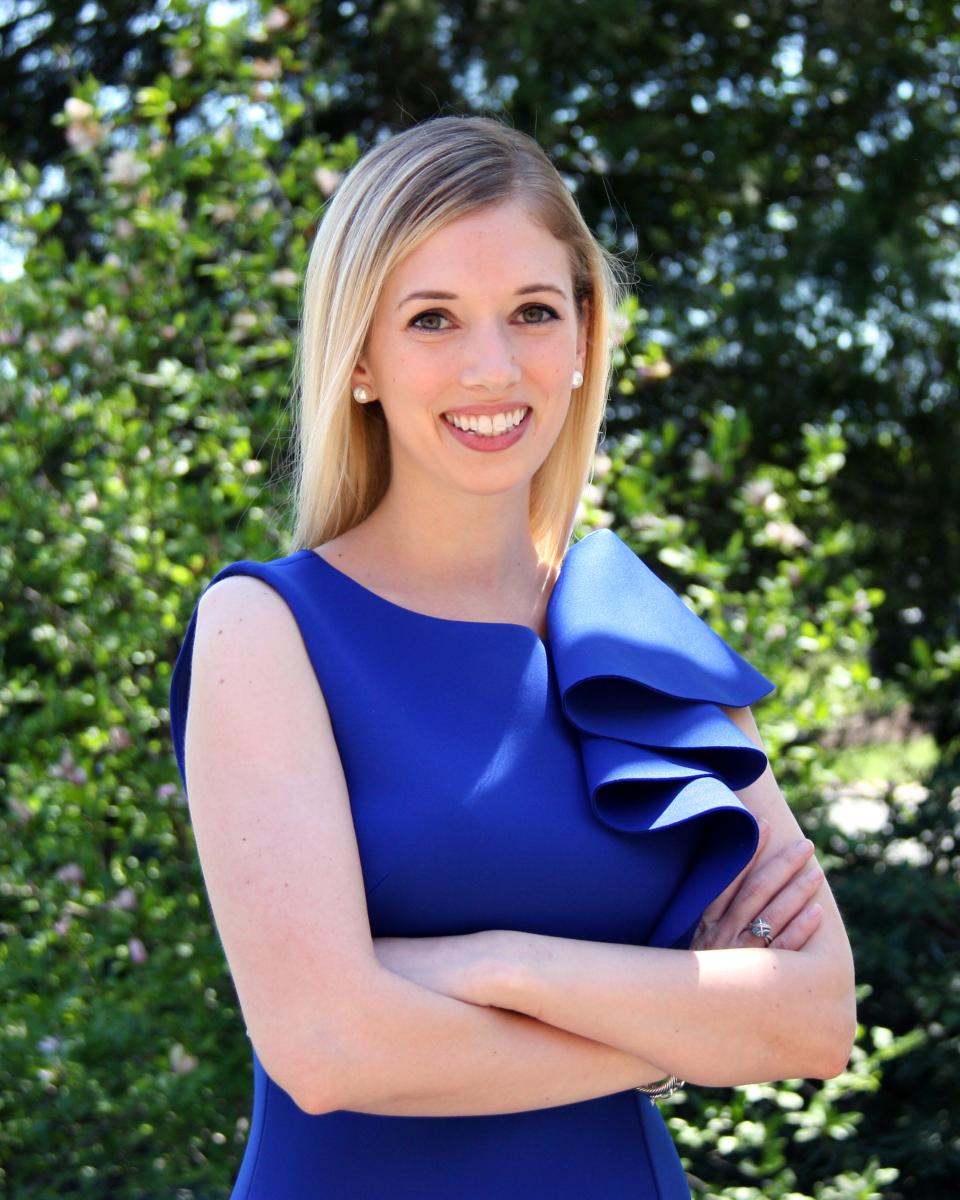In Honor of Doctors’ Day: The Work Behind the Scenes of Physicians & PAs
The COVID-19 pandemic has taught the world a lot, one of the biggest things being how much work healthcare providers put into their day to day. Although it seems this is something new to the general public, the healthcare world knows that this has always been the case. And what better time to reflect on it than National Doctors’ Day? After all, the pandemic added an entirely new level of stress and burnout, but physicians, PAs, and other healthcare workers have been putting their patients above everything else for their entire careers. According to the AMA, “Most physicians work between 40 and 60 hours per week, but nearly one-quarter of physicians work between 61 and 80 hours per week.1” We know that this has been even higher for physicians and the entire healthcare team during the pandemic.
What You Don’t See: Patient Care Behind the Scenes
All of this just reminds us that physicians and PAs are key to helping keep our communities safe. And I have personally recognized in my 9 years at MSV how key you all are to the health and safety of your patients and how much you do that goes unseen. I cannot count the number of times a physician or PA has responded to a message from a patient or reached out to a referring physician to check on the status of a case during their “off” hours. While at MSV and AMA meetings, physicians will wake up several hours before the first 7am meeting to review charts while they are away to make sure patient care continues.
I have also seen the joy a physician experiences when they find out their patient has gone into remission or a follow up scan showed surgery was successful. On the flip side, I have seen the heartbreaking grief when a physician uncovers a life shortening diagnosis that they must deliver to a patient and their family. Physicians and PAs not only provide wisdom to patient care, they also provide the soul and support, whether it be from their shoulder or their heart.
These are just some of the many examples I have that shows how important you all are to powering the House of Medicine to provide quality, thoughtful care to your patients. Many people do not realize how much physicians and PAs really do behind the scenes. It’s not just about providing medical care, you advocate regularly for necessary healthcare change, you keep up to date with the business of medicine, and you participate in organizations and on taskforces in order to ensure your voice and your patients’ voices are heard.
The work you do truly makes a difference each and every day and we hope that you know the MSV is here to support you in all that you do. We work to understand what physicians and PAs need and what we can offer them to ensure they have the support they need. But we also work to make sure the public knows how truly valuable each of you are to ensuring patient health and safety, and how much time you dedicate not just to their care but to the overall healthcare system.
Celebrating National Doctors’ Day
One way we share your stories, and your impact is through celebrating National Doctors’ Day. What makes this extremely unique is that colleagues nominate one another to be recognized. So, if you can think of a doctor who goes above and beyond the call and does a lot behind the scenes, nominate them to be recognized by MSV for Doctors’ Day. This is your chance to honor someone who inspires you and is making an impact – and to let them know their value in powering the House of Medicine.
The public needs to know that you are key to ensuring safety and health. Help us share that message and tell us who you have seen make a true impact in the practice of medicine.
[1] Writer, Staff News. “How Many Hours Are in the Average Physician Workweek?” American Medical Association, 6 Jan. 2015, www.ama-assn.org/practice-management/physician-health/how-many-hours-are-average-physician-workweek#:~:text=Most%20physicians%20work%20between%2040,than%2040%20hours%20per%20week.
Written by:
Jenny Young
Director of Membership
The Medical Society of Virginia




